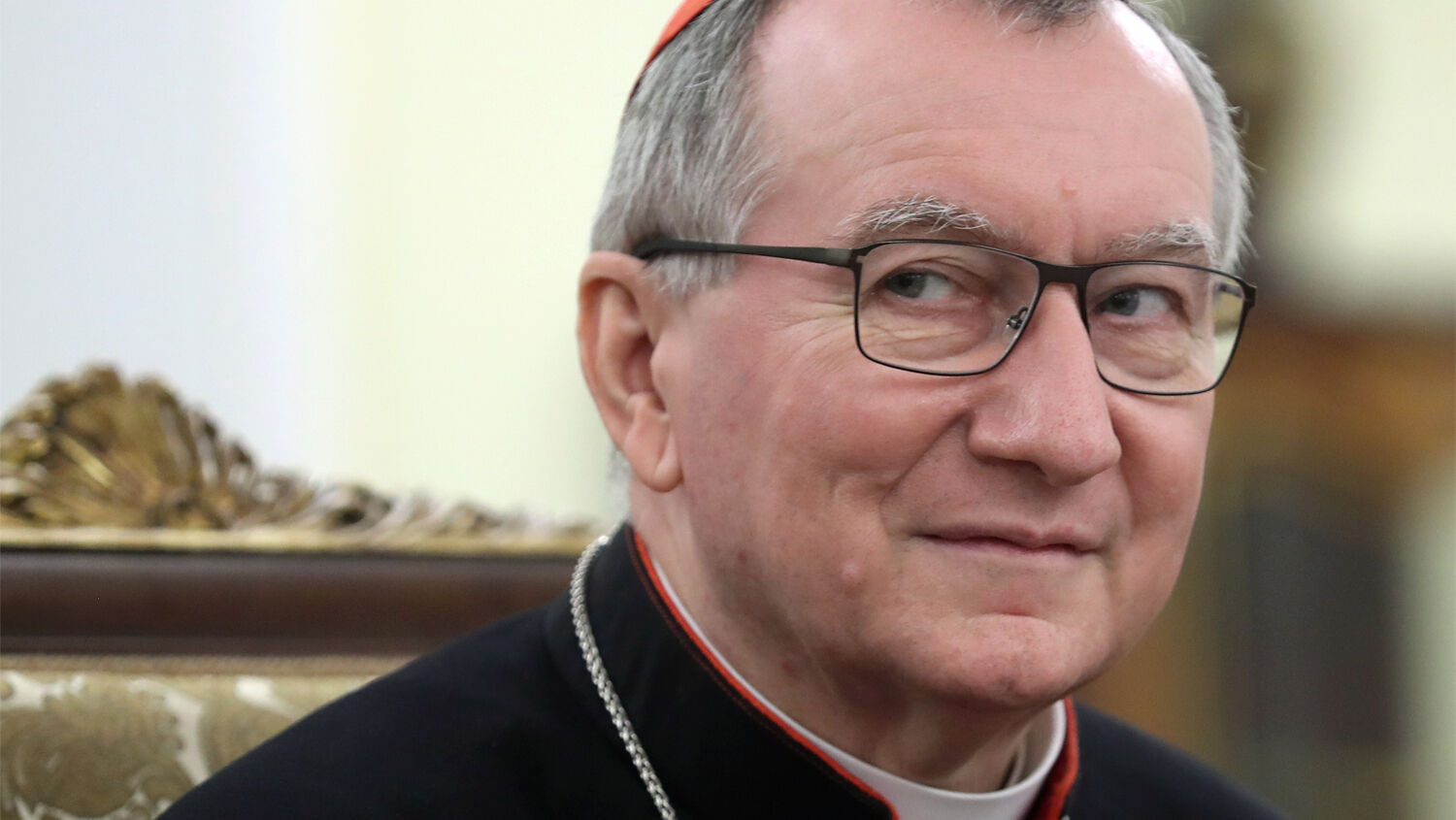
Why Did a Catholic Cardinal Attend the Bilderberg Summit?
First off, I’m not going to try and convince you that the Bilderberg meeting is some sort of shadow world government. It’s not. But the annual meeting is also not the figment of an overactive imagination. It has a website and everything.
It is a meeting of leaders in business, government and academia mostly from the United States and Europe. It’s an opportunity for them to talk off the record under the Chatham House Rule—where the content of discussions can be reported, but not who said what.
This year, one name on the guest list has drawn a lot of attention. Cardinal Pietro Parolin, the Vatican’s secretary of state and the second-most powerful figure in the Catholic Church, attended the meeting, held June 7 to 10.
This is the first time a high-ranking Catholic clergyman has attended the Bilderberg summit. But it is not Parolin’s first time hobnobbing with the world’s elite. He spoke at the World Economic Forum in Davos last year.
The rise of populism in Europe was one of the top items on the agenda. Other discussions included America’s world leadership, inequality, the Middle East and quantum computers.
The prime ministers of Holland, Belgium, Serbia and Estonia attended, along with the German defense minister, nato secretary general and many other current and former politicians. The leaders of the Bank of England and the Bank of the Netherlands joined business leaders from companies like Google, BP and Airbus.
The fact that the Vatican secretary of state is being invited to these kinds of gatherings shows the growing status of the Catholic Church. And for good reason—the Catholic Church plays a political as well as religious role.
Cardinal Parolin had an important part in the reestablishment of U.S.-Cuba relations. He also played a major role in negotiations between the Columbian government and militia rebels—negotiations which won Colombian President Juan Manuel Santos the Nobel Peace Prize in 2016.
This past weekend’s Bilderberg meeting was held while Europe is in crisis. Its relationship with the U.S. is crumbling, and Italy is threatening to split the eurozone. The future of the European Union is in doubt.
In the November 1965 Plain Truth, Herbert W. Armstrong wrote about a “hard, stern fact” that the nations of Europe must face. “That crucial fact is this: The nations of Europe are utterly unable to unite themselves by their own political maneuvering,” he wrote. “For more than 31 years, the Plain Truth has said Europe will unite! And also for more than 31 years we have said these countries cannot agree among themselves.”
So is the EU doomed? Mr. Armstrong continued: “For years the Plain Truth has said these nations are going to have to realize their inability to unite themselves politically—to choose a common political-military leader that all can trust. They are going to finally face the fact they must look to a supreme authority they can all trust! That supreme authority cannot be a politician, or a general …. The only possible answer is a religious leader! …
“Watch for developments suddenly to speed toward European political and military union, through religious union! This new trend may not start this year—or next. But in very few years at most, it must start. And when it does, events will flash by with a lightning speed that will astound the world.”
Mr. Armstrong wrote that more than 50 years ago, and the Europeans have still not turned to religion to unite themselves. Until they do, they simply cannot unite. And if Europe cannot unite, its crises will keep getting worse.
With the Vatican being included at some of these high-level meetings of the world’s elite, some may be realizing this “hard, stern fact.”
Trumpet editor in chief Gerald Flurry explained in April 2006:
Throughout Europe’s history, what has helped it to overcome its division has been a unity of purpose between church and state. Charlemagne showed how strong Europe could be when he formed a partnership between Germany and the Roman Catholic Church to create the Holy Roman Empire. That empire has risen up repeatedly since that time.
But this church-state union hasn’t always been a happy marriage. Usually the two have been drawn together because of a crisis—an emergency. …
Herbert W. Armstrong believed the same pattern would occur again in our time—that European nations would unite suddenly because of a crisis, and that the Roman Catholic Church would play a huge role in solving that emergency. In times of crisis, religion has a way of pulling people together! …
Crises are developing that could lead to this “emergency” that will cause Europe to look to a newly strengthened Germany and end up bringing church and state together—from the weakening of the U.S. economy to danger brewing in the Middle East.
Crises are intensifying, and for the first time a high-ranking cardinal was invited to the Bilderberg summit.
The Bible forecasts that the Catholic Church is about to play a major role in Europe—as it has throughout its history. For more on this role, read our free book The Holy Roman Empire in Prophecy.
